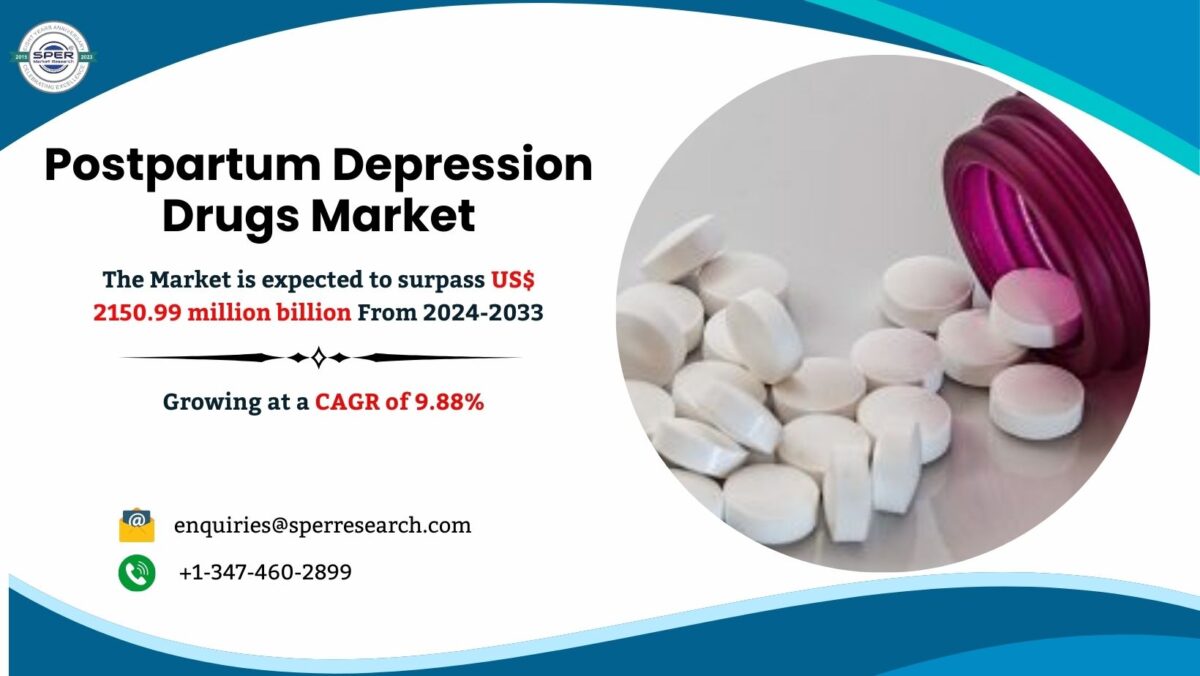Pathways to Peace: Modern Anxiety Treatments

Anxiety, with its debilitating grip on the mind and body, affects millions worldwide. It’s a complex and multifaceted condition, ranging from generalized anxiety disorder (GAD) to panic disorder, phobias, and social anxiety. However, amid the turmoil of anxiety, there are pathways to peace. Modern best anxiety treatment offer hope and healing to those grappling with this relentless adversary. This article delves into these treatments, exploring their efficacy, benefits, and the promise they hold for individuals seeking relief from anxiety’s grasp.
Understanding Anxiety
What is Anxiety?
Anxiety is a natural response to stress, characterized by feelings of fear, worry, and apprehension. While occasional anxiety is a normal part of life, persistent or excessive anxiety can interfere with daily activities and significantly impact quality of life. It can manifest in physical symptoms such as rapid heartbeat, sweating, trembling, and difficulty breathing.
Types of Anxiety Disorders
- Generalized Anxiety Disorder (GAD): Characterized by excessive worry and tension about everyday events, activities, or situations.
- Panic Disorder: Marked by recurrent panic attacks, which are sudden episodes of intense fear or discomfort accompanied by physical symptoms.
- Phobias: Intense, irrational fears of specific objects or situations, such as heights, spiders, or flying.
- Social Anxiety Disorder: Fear of social situations and scrutiny by others, leading to avoidance of social interactions.
Understanding the specific type of anxiety is essential for tailoring treatment approaches to individual needs.
Modern Anxiety Treatments
-
Cognitive Behavioral Therapy (CBT)
CBT is a widely recognized and evidence-based treatment for anxiety disorders. It focuses on identifying and challenging negative thought patterns and beliefs that contribute to anxiety. Through cognitive restructuring and behavioral techniques, individuals learn to replace anxious thoughts with more balanced and realistic ones, leading to a reduction in anxiety symptoms.
-
Medication Management
Medications, such as selective serotonin reuptake inhibitors (SSRIs) and serotonin-norepinephrine reuptake inhibitors (SNRIs), are commonly prescribed to alleviate symptoms of anxiety disorders. These medications work by increasing levels of neurotransmitters in the brain, thereby regulating mood and reducing anxiety. They are often used in conjunction with therapy for optimal results.
-
Exposure Therapy
Exposure therapy is a behavioral therapy technique used to treat phobias and other anxiety disorders. It involves gradually exposing individuals to feared objects or situations in a controlled and safe environment. Over time, repeated exposure helps desensitize individuals to their fears, leading to a reduction in anxiety responses.
-
Mindfulness and Relaxation Techniques
Mindfulness-based therapies, such as mindfulness-based stress reduction (MBSR) and mindfulness-based cognitive therapy (MBCT), teach individuals to cultivate present-moment awareness and acceptance. By practicing mindfulness meditation and relaxation techniques, individuals can reduce stress and anxiety, enhance self-awareness, and develop coping skills for managing anxious thoughts and emotions.
-
Lifestyle Modifications
In addition to formal treatments, lifestyle modifications can play a crucial role in managing anxiety. Regular exercise, healthy eating habits, adequate sleep, and stress management techniques, such as yoga and deep breathing exercises, can all contribute to overall well-being and reduce anxiety symptoms.
Modern Anxiety Treatments
Anxiety, a pervasive force affecting millions, finds its antidote in modern anxiety treatments. From Cognitive Behavioral Therapy (CBT) to medication management, exposure therapy, mindfulness, and lifestyle adjustments, these approaches offer relief from anxiety’s grasp. By addressing negative thought patterns, regulating neurotransmitters, and fostering mindfulness, individuals can find solace amidst anxiety’s storm. With symptom relief, enhanced coping skills, and improved quality of life, modern anxiety treatments pave the way for peace and resilience.
Benefits of Modern Anxiety Treatments
-
Symptom Relief
Modern anxiety treatments can significantly alleviate symptoms of anxiety disorders, leading to improved quality of life and functioning.
-
Enhanced Coping Skills
By equipping individuals with coping strategies and techniques, these treatments empower individuals to manage stress and anxiety more effectively.
-
Improved Quality of Life
Reduced anxiety symptoms allow individuals to engage more fully in daily activities, pursue personal goals, and enjoy fulfilling relationships.
-
Prevention of Complications
Effective anxiety treatments can prevent the development of complications associated with untreated anxiety disorders, such as substance abuse, depression, and social isolation.
Conclusion
While anxiety may feel overwhelming and insurmountable, there are pathways to peace. Modern anxiety treatments offer hope and healing to those grappling with this challenging condition. Whether through cognitive behavioral therapy, medication management, exposure therapy, mindfulness techniques, or lifestyle modifications, individuals can find relief from anxiety’s grip and reclaim their lives. By seeking help and embracing these treatments, individuals can embark on a journey toward greater well-being and inner peace.
You may also like: Senior Personal Trainer: Embracing a Healthier, Active Lifestyle










